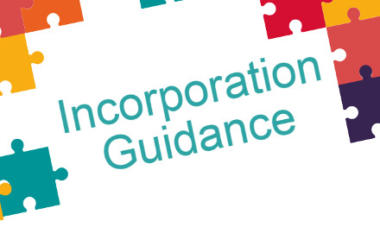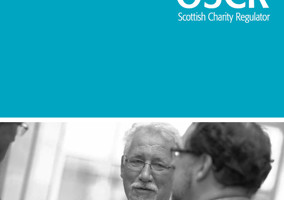The Scottish charity regulator has published guidance on changes to the process by which charities north of the border become incorporated, in a move it admits will have “significant implications” for the 140-odd organisations that opt to incorporate each year.
The new process will require the incorporating body to wind up its existing entity and apply for a new charity status. The changes will affect those unincorporated associations or trusts which opt to incorporate as companies or Scottish Charitable Incorporated Organisations - around 140 a year.
Incorporation provides charity trustees with a level of protection against personal liability, that organisations constituted as unincorporated entities do not. It can also be useful for charities seeking funding or entering into particular contracts.
However, it does change the relationship that the organisation has with HMRC, various regulators, banks, insurance companies and so on. OSCR said it has amended the process to better reflect the underlying legal principles inherent in these changes.
The regulator also intends to write new guidance to help charities think through the implications of seeking incorporation, and all the things they need to do during the process. It hopes the new guidance, containing simple checklists, will help charities avoid some of the risks, complications and delays they encountered with the previous process, and ensure that everyone involved is aware of their responsibilities throughout.
OSCR has also updated it FAQ page online to include information about the new process.
OSCR has already convened a consultative panel which helped it formulate the new process, and has been working with an advisory group comprising lawyers, SCVO and Third Sector Interfaces “to develop more detailed guidance and make sure we cover the tricky areas that charities and their advisors encounter”.
“We are convinced this is the right chance to make but we know that it has significant implications for the sector,” OSCR said in a statement.
It has issued an open invitation to charities to provide feedback about what the guidance should usefully include.
Related articles












